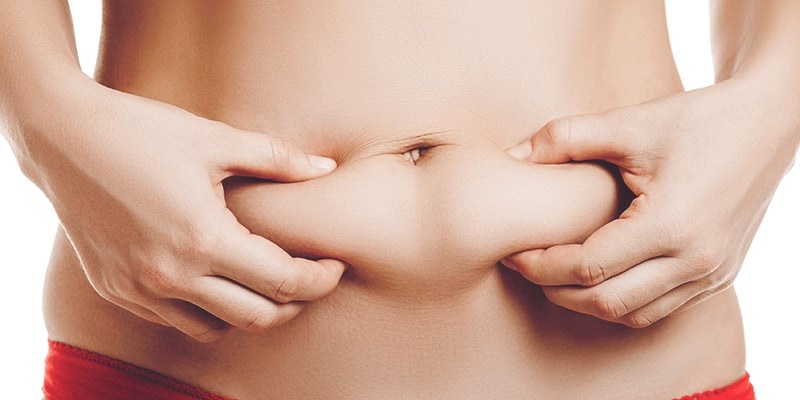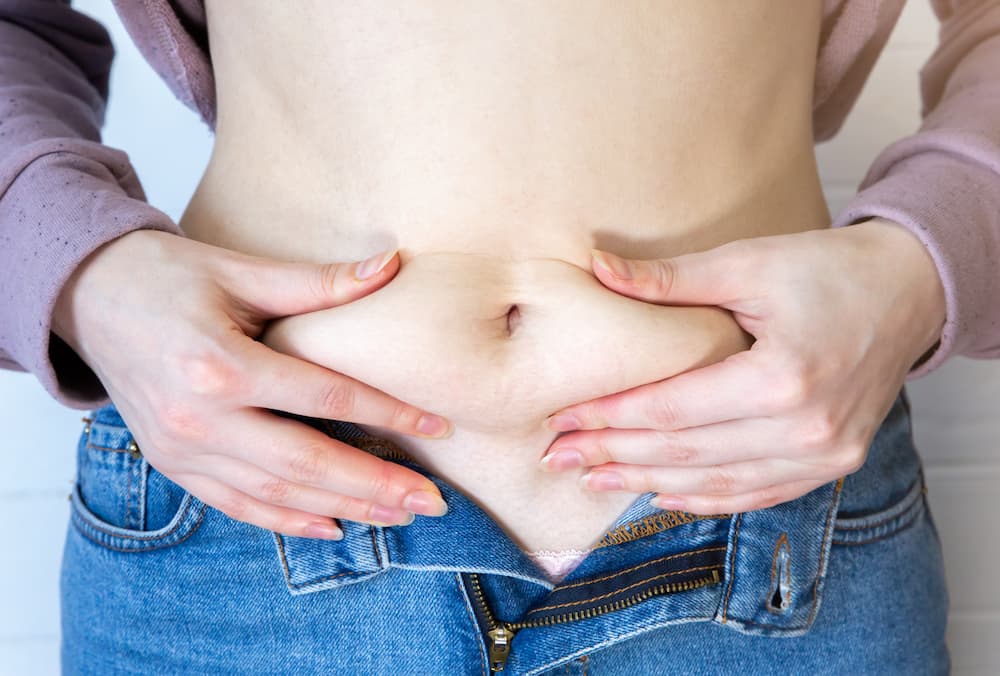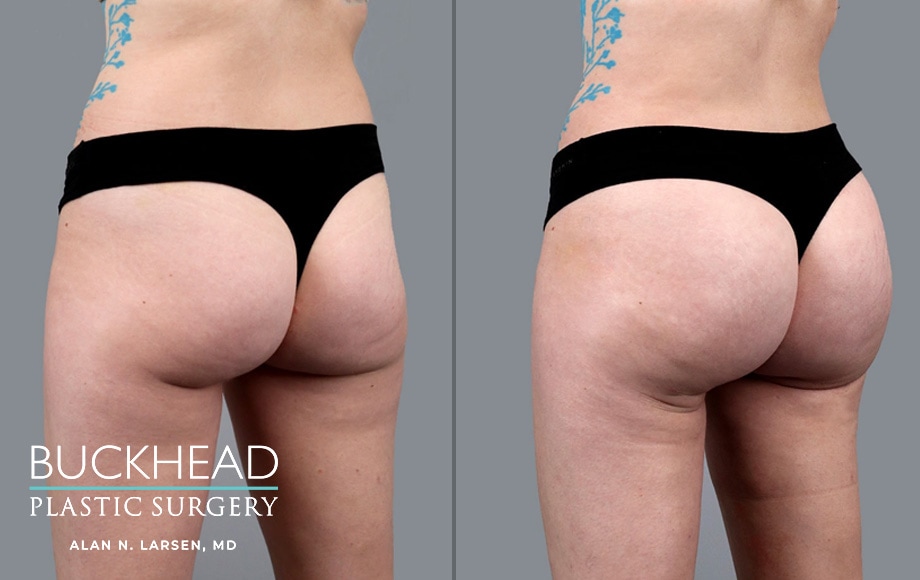It’s not uncommon that prospective patients visit me in my Atlanta plastic surgery practice for a liposuction procedure in hopes that lipo can help rid them of fat. Well, liposuction does eliminate fat, but not every kind of fat, and not fat located just a place in the body. The fat I can’t eliminate with liposuction is what this article is all about: visceral fat.
Chances are that you, your friends and neighbors are fighting an enemy you know little about. Answer the following, and please prove me wrong.
The answer is E. Fat is not just a bland storage depot. It is an active source of signaling proteins that regulate all of the above and more.
Before you spread a little butter to celebrate the multi talents of fat, the sad truth is that too much of fat is still a bad thing. The chocolate lining here is that if you lose fat, you may see a lot more improve than just your waistline. You can fundamentally alter your metabolism. The trick is to know what fat to lose, and how to lose it.
The body stores two types of fat–subcutaneous and visceral (also called abdominal) fat. Fat stores on the body are essentially either of these two types, which are, respectively useless and evil fats. Subcutaneous fat is useless. You don’t need it. Visceral fat is evil.
Subcutaneous fat lies beneath the skin. It’s the love handles, the flab around your waistline, the thunder thighs, the back fat, the fatty bottom. This I can remove by liposuction, and even take some of that liposuctioned fat and insert fat into your lips for a lip enhancement or even into the backs of your hands if your hands are wrinkly.
Liposuction is popular simply because it’s such an easy way to eliminate subcutaneous fat. I just make tiny incisions and suck the fat out. Voila! It’s done. Over 200,000 liposuction procedures are performed a year in the US and it’s the most popular procedure done by plastic surgeons in Atlanta and all over the US.
Visceral fat is the evil fat. Why? Because it’s deep inside the abdomen and packed around the organs like the stomach, liver, intestines, etc. This kind of fat contributes to a higher risk for nasty conditions like heart disease, high cholesterol, type 2 diabetes and hypertension. While your gene pool certainly contributes its influence on visceral fat, your food choices are the real decision-makers in terms of how much visceral fat you carry around. I can’t liposuction out a beer belly, for example. Or do much for women with a protuberant belly that’s full of visceral fat. Liposuction can only remove the fat beneath the skin, not deep inside the body.
Although most people with visceral fat stores are easy to identify by their protuberant belly, lots of people have visceral fat stores that don’t look fat. According to some radiologists, extensive research shows that MRI can identify the amount of visceral fat in humans. This may end up being the manner in which we assess levels of visceral fat in the future.
The only way to eliminate visceral fat is through exercise and eliminating the bad dietary habits that created the visceral fat in the first place. Again, the hereditary component is still there and you cannot change your genes, but you can change your habits—what you eat, what you drink and how much you work out. Studies on animals have proven that surgical removal of visceral fat makes the animal healthier. Unfortunately, we can’t duplicate this in humans. The only surgery that eliminates visceral fat is bariatric surgery, such as LapBand surgery or gastric bypass. There are prescription medications that can decrease your appetite, or decrease fat absorption.
I predict that eventually, we will have minimally invasive surgeries that do for visceral fat what liposuction has done for subcutaneous fat. We will be able to selectively and delicately remove the bad fats from the abdominal cavity using advanced robotic technology. Until then, while you diet and exercise, take inspiration in knowing that even if your weighing scale denies you exciting results, you may be dissolving some evil visceral fats within.
To your health & beauty,
Dr. Alan Larsen






